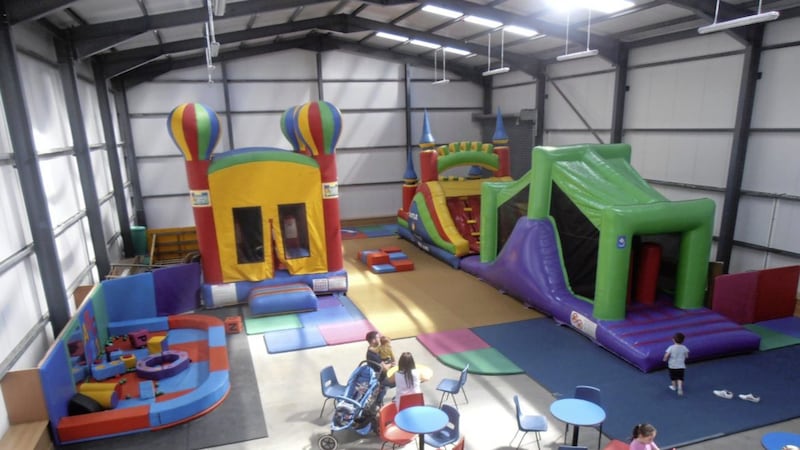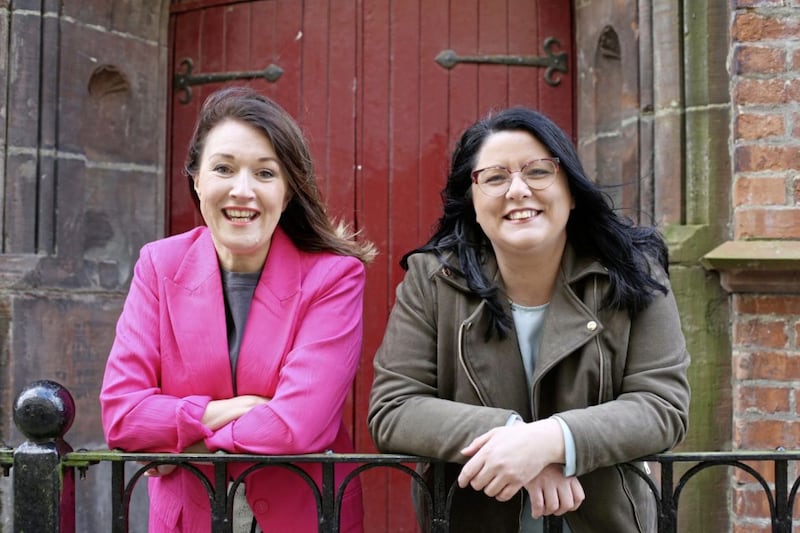GARTNER are renowned for their informed predictions about the strategic trends we are likely to see in IT and tech. They’ve been at it again, releasing their views on what might happen in 2021 and beyond.
Unsurprisingly, they are suggesting that we are going to see trends influenced by Covid, including the acceleration of some we’re already seeing. Some of these touch on DNA storage, factory and farm automation, and freelance customer service.
The Covid-19 pandemic has disrupted businesses and global economies in unprecedented ways. Gartner say it has become clear that businesses need a reset, not only due to the pandemic, but because technological advances demand it.
When it comes to automation, Gartner predict that by 2025, customers will be the first humans to touch more than 20 per cent of the world’s products and produce.
Currently, a lot of people touch products and produce before they reach their ultimate destination, but automated factories and farms will soon do most of the work, including farming, picking, packing and shipping. New technologies are automating most processes, and that ability to automate will change how businesses operate.
Covid-19 has of course acted as an accelerator, driving industry to find new and improved ways of getting food and products to consumers. Technology will also continue to evolve, meaning better automated factories, and this will become a competitive advantage.
Interestingly from a consumer perspective, one of the predictions is that by 2025, customers will pay a freelance customer service expert to resolve 75 per cent of their customer service issues.
We all turn to third party help already when we experience bad customers service (including Google, Twitter, and YouTube) or to resolve issues. Gartner predicts that through 2021, there will be a 15 per cent rise in customers seeking outside help after being frustrated by traditional channels.
The good news for business is that this means organisations will have reduced costs in certain customer service areas. The bad news is that more instances of outside help removes an important company-consumer touch-point.

From a skills retention perspective – something that will be of real interest to tech firms in Northern Ireland – Gartner predicts that by 2023, large organisations will increase employee retention by more than 20 per cent by repurposing office space as on-site childcare and education facilities. This could of course be an effective way to use empty office space as businesses move toward more remote and hybrid working.
Employee demand for childcare is still a need that is not properly met, and Covid-19 has put something of a focus on childcare and the importance of having the right solutions. Gartner predicts that by early 2021, some 20 per cent of private childcare centres will have closed permanently. The impact of this will be felt most by women in the workforce.
We know that accessible on-site childcare can increase retention, employee engagement and productivity. Not having to choose between childcare and a job may also result in more women in leadership positions over the long term. Organisations with on-site childcare will attract more talent.
There’s also a prediction by Gartner that, by 2025, 40 per cent of businesses that offer physical experiences such as open farms, zoos, walking and cycling will offer paid virtual experiences. Gartner says this will allow them to improve financial results and outperform competitors
As technologies evolve, immersive experiences are now more affordable, and better. Businesses that provide physical experiences, like rock climbing or white-water rafting, will extend into paid virtual reality, offering virtual experiences that rival the physical ones.
The reality is that Covid-19 has transformed attitudes about physical versus virtual, and changed the discussion about what people can do without physically being present or putting their safety at risk.
A virtual bike ride through the mountains from the safety of your home gym or a roller coaster ride from your living room is more appealing to a larger audience than it was before. Beyond that, these immersive experiences enable people to relive in-person experiences long after they’re over or even share those experiences in real time with people who can’t join them.
What is clear is that Covid-19 could prove to be an inflection point and that technological change in the year ahead could be faster and more profound than ever before. So, Gartner’s latest predictions are definitely ones to watch.
Patrick McAliskey is co-founder of Novosco in Belfast, which was last year acquired by Cancom in Munich.







